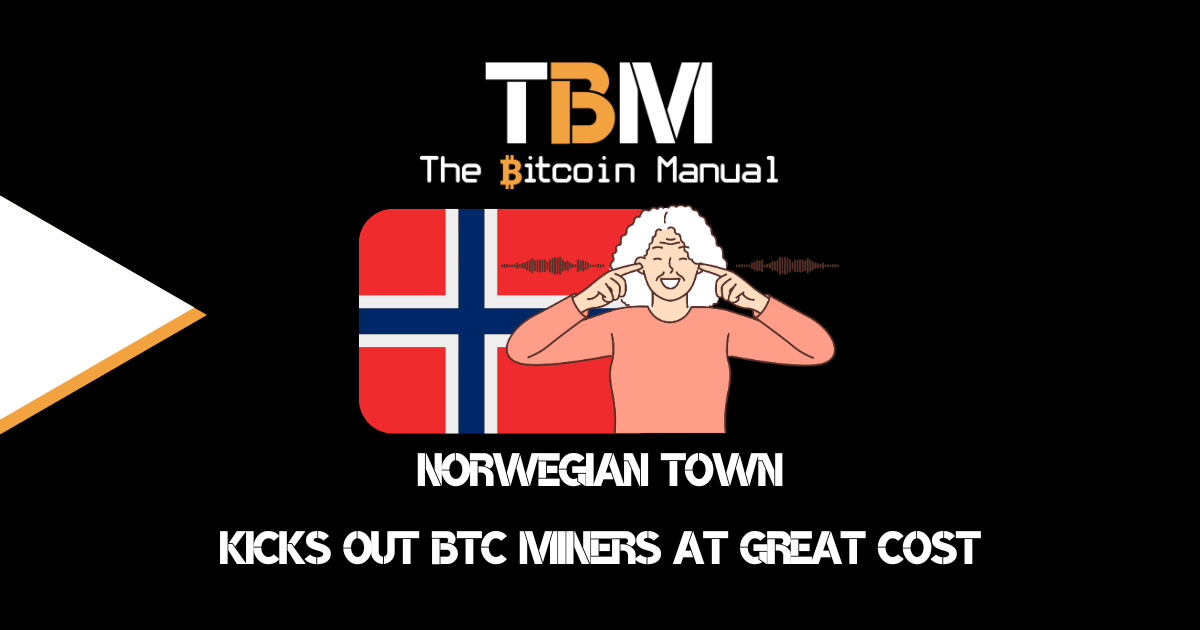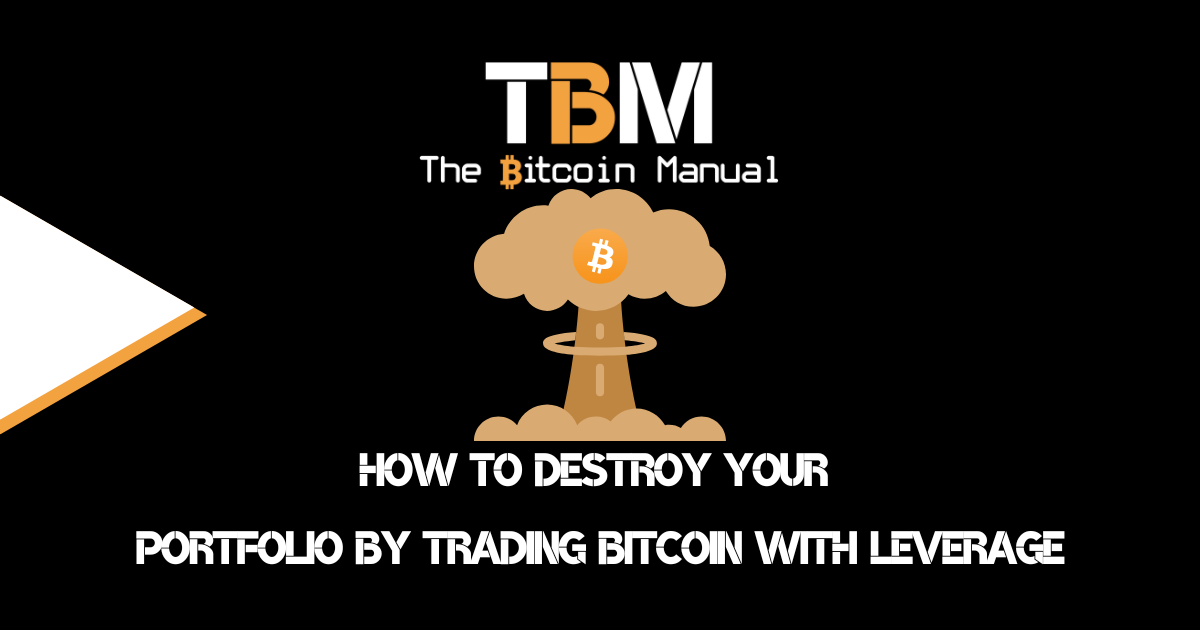If there’s one guilty pleasure a Bitcoiner has to get used to, then it’s the steady serving of schadenfreude from no coiners who don’t get it. It’s a tale as old as Bitcoin and a mistake that many are doomed to repeat as the world’s hardest money butts heads with the world’s hardest noggins.
When China called time on Bitcoin miners, it was the West’s game to lose, so the US, Canada and the EU could have gone to town in capturing global hash rate production.
I mean, you have spare capacity to monetise, you have stranded energy that could be sold and a stable political climate, and in Scanadavnia, you have a cold climate, so why wouldn’t those orphaned miners be welcomed in with open arms?
Mining would lower energy costs, provide load balancing for the grid, increase tax revenue and generate direct and indirect jobs.
It seems like a good deal, doesn’t it?

I was rooting for you; we were all rooting for you.
But sadly, Scandinavian countries have been subject to Bitcoin derangement syndrome, showcased by self-inflicted wounds; Sweden aims to kick out miners, while Denmark wants to ban non-custodial Bitcoin holdings.
And not to be left out, Norway joined the chat with the Erling Haaland of own goals this week when Kryptovault’s Bitcoin mining facility in Stokmarknes shut down after Hadsel municipality chose not to extend the company’s expired temporary permit.
Hadsel’s administration issued an operating permit to Kryptovault about three years ago. However, since then, the facility’s operations have been more of a headache for the locals, with many lodging noise complaints against the company.
The only thing louder than an ASIC is a Karen
Even though you’re operating in the arse end of the country where like 5000 people happen to call home, you cannot keep a NIMBY happy; it’s just a matter of fact.
Look, I get it: industrial mining is loud; it can sound like a jet engine humming along, especially in a place that has no other industrial noise pollution to drown it out.
If you’re used to peace and quiet, anything above a pin drop is cause to complain, and despite Kryptovault’s claims that the internal noise levels were within limits and offering to build higher noise walls and use sound-absorbing materials, it wasn’t enough.
Sure, Kryptovault could have gone for liquid cooling instead, but the fans make sense, especially if you’re in an area with naturally low temperatures; it will save you on cost.
Who knows, they could have used those cost savings to transition into liquid cooling eventually, but I guess we’ll never know now because Kryptovault’s operations have ceased operation.
Peace and quiet comes at a steep premium
Of course, the Mayor pushed to reject the miner’s permit renewal, and the residents who were fed up with the miners boiling the ocean in their backyard cheered at the news.
But those celebrations were short-lived because we were all victims of causality, and there were always trade-offs involved.
It became increasingly harder to mine BTC in Norway due to the fact that some people in power don’t even bother to think for 2 seconds.
— Andrew C (@ChyrychAndrei1) September 15, 2024
Ignorance is a powerful weapon. This is not the first miner which had to shut down. I doubt that it will be the last. https://t.co/0fAMiO01WA
It just so happened that residents were enjoying energy costs subsidised by the mining operation since Kryptovault was the largest customer of local energy company Noranett, making up to 20% of its income.
After the site closed last week, Noranett decided to raise electricity prices for residents to offset the lost revenue. As a result, power customers will face a 20% increase next month.
Noranett said power customers will now have to pay the new rate starting next month.
Robin Jakobsen, a network manager at Noranett, projects a normal household that currently pays about NOK 12,000-13,000 annually will pay NOK 2,500-3,000 (equivalent to roughly $235 to $280 USD) higher in a year.
Congratulations, you played yourself!

Why is electricity more expensive?
It seems paradoxical, doesn’t it?
If there is more supply of something now that a large consumer is gone, shouldn’t the commodity be cheaper?
That may work for some commodities, but energy production is not one of them.
Once energy is produced, it has to be monetised, or that value is lost; it’s not just sitting around waiting for you to turn on your television or blender just because you pay your bills. As a consumer, you not only pay for the electricity to use but also for its availability; it’s all factored into the price you pay.
The energy producer looks at their operating cost and works out a rate that covers its expenses based on the demand it can service.
When large-scale mining operations can negotiate lower electricity rates due to their high consumption, and they are happy to consume energy all day, every day, ensuring that more of the electricity produced is monetised. Miners not only provide a base income but might strike deals that allow them to buy electricity at lower rates, sometimes even below market prices, and the energy producer is happy with this reliable source of income.
Once the Bitcoin miner’s demands are met, the energy producer can then sell the surplus to the community or other industries, which can indirectly lead to cheaper electricity for the local grid.
Seeking arrangement from a data centre, daddy
Now that the town doesn’t have the base load demand from the miner, that energy has nowhere to go, but Noranett’s operational costs didn’t change.
Mayor Kjell-Borge Freiberg told local media that the municipality would hunt for new projects that could take over the power that had been left over after the data centre ceased operations.
I guess any AI startup looking for a data centre is willing to swipe, right?
Please apply!
Do your own research.
If you want to learn more about this story, use this article as a starting point. Don’t trust what we say as the final word. Take the time to research other sources, and you can start by checking out the resources below.




